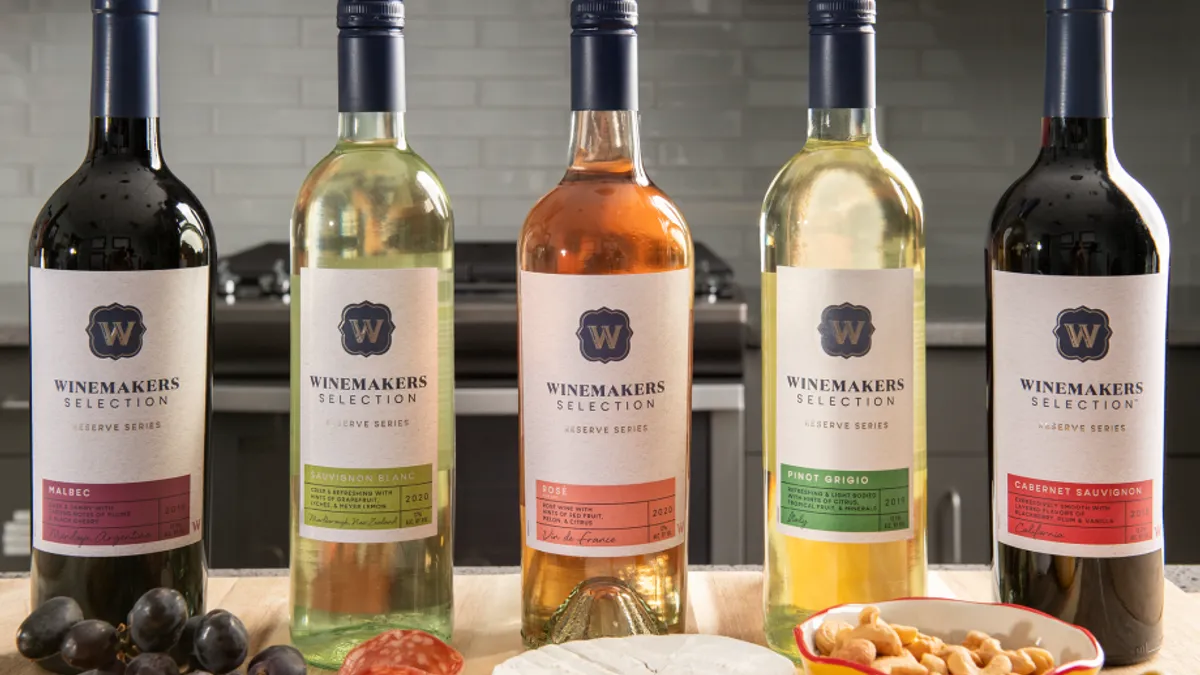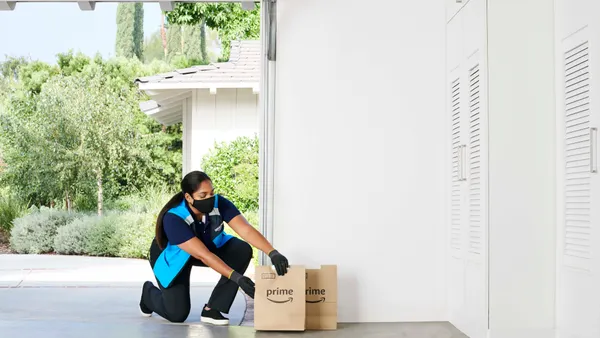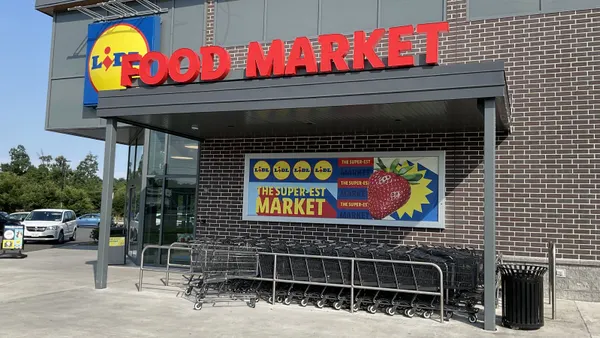Dive Brief:
- Walmart has launched a series of premium wines under its Winemakers Selection private label, Jason Fremstad, the retailer’s vice president of adult beverage, wrote in a blog on Monday.
- The Winemakers Selection Reserve series features five wine varietals sourced from around the world, including an Argentinian Malbec, Italian Pinot Grigio and French Rosé, for $10 a bottle.
- “Over the past year, we’ve noticed our customers have been more interested in exploring premium wines but wanting to try them at an accessible price point without sacrificing quality,” Fremstad wrote.
Dive Insight:
Walmart’s investment in its private label wine comes at a time when grocers are looking to soak up booming digital sales of alcohol and as consumers explore “cultural tourism.”
“Customers can explore Italy’s delle Venezie region with a light and refreshing Pinot Grigio or visit the Andes Mountains in Mendoza, Argentina with a velvety and full-bodied Malbec,” Fremstad wrote.
Walmart initially launched its Winemakers Selection brand in 2018. It quickly learned the line was too expansive — and expensive — and relaunched Winemakers Selection a year later with a new label, pared-down assortment and $5 price point.
The new Winemakers Selection Reserve series introduces a premium tier for the store brand, and includes Argentinian Malbec, Italian Pinot Grigio, French Rosé, Californian Cabernet Sauvignon and New Zealand Sauvignon Blanc. The retailer is marketing the new wines as a way for consumers to travel around the world at a time when many international travel restrictions are in place due to the COVID-19 pandemic.
Walmart is among the retailers pouring resources into internationally sourced alcohol. Aldi, for example, works with more than 50 wineries around the world. Grocers are advised to explore emerging opportunities in pricing and supply from outside the U.S., Stephen Rannekleiv, global sector strategist of beverages at Rabobank, said in an interview late last year.
The Winemakers Selection Reserve Series is available at stores across the U.S. and can be ordered for grocery pickup or delivery where allowed by local and state regulations, according to the blog post.














